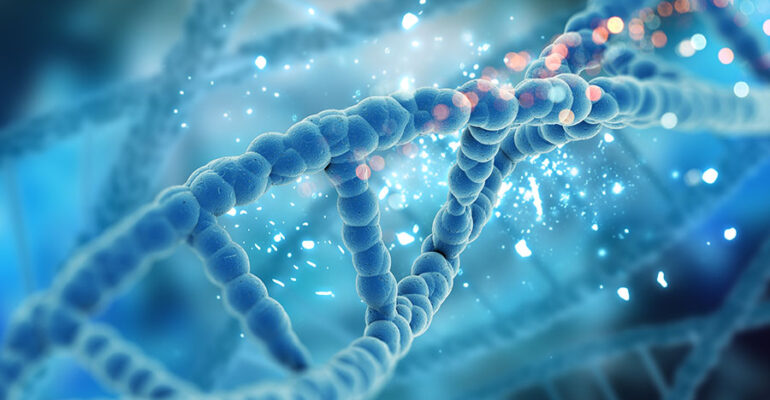Genetics
A specialized area of laboratory medicine that involves testing for changes in the number or structure of genes or chromosomes. Frequently employed techniques for examining chromosomes include:
Karyotyping. Applications include but are not limited to
- Prenatal diagnosis where fetal anomalies are suspected or known to exist. Testing is done on amniotic fluid (second trimester) or chorionic villi (first trimester)
- Evaluation of recurrent pregnancy losses. Testing is done on products of conception (POCs) or on blood from the parents/ couple.
- Evaluation of patients with dysmorphic features, developmental delay, congenital malformations etc.
- Diagnosis of conditions like Down syndrome, Turner syndrome
Fluorescent in-situ hybridization (FISH). Applications include but are not limited to
- Hematologic malignancies – for diagnosis (e.g. presence of PML-RARA confirms a diagnosis of acute promyelocytic leukemia) or prognosis (e.g. patients with chronic lymphocytic leukemia who are positive for p53 have a poorer prognosis)
- Diagnosis of conditions like Down syndrome, Turner syndrome
- Diagnosis of chromosome microdeletion syndromes like Prader-Willi syndrome, Angelman syndrome etc.
- Mutation detection for targeted cancer treatment e.g. EGFR, KRAS for non-small cell lung cancer etc.


